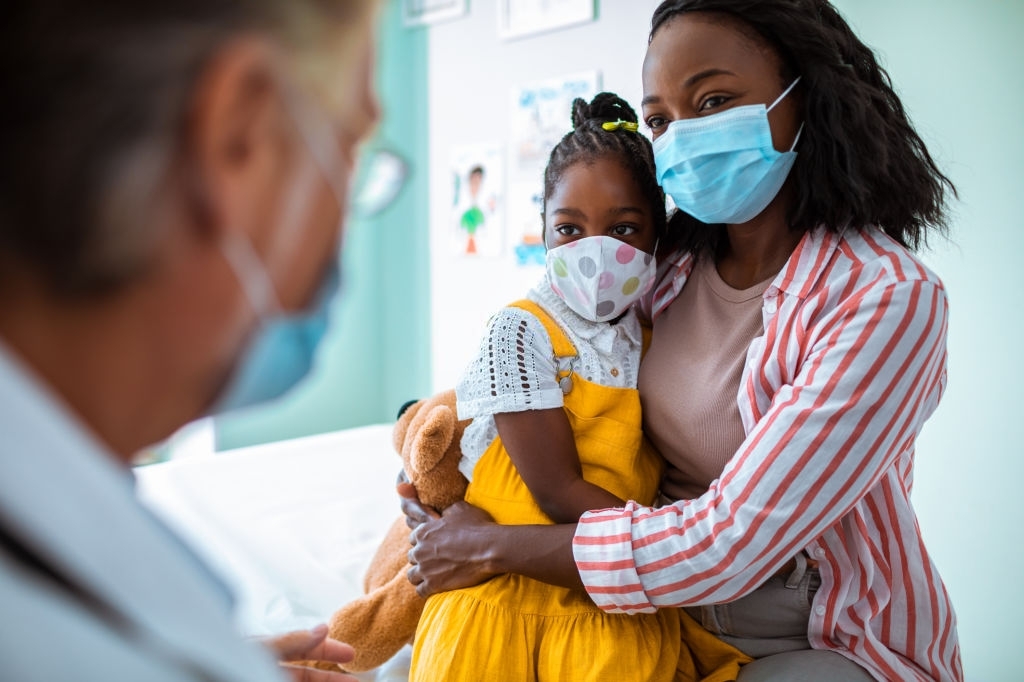Research has found that Asthma affects around 25 million people in the United States. This equates to around one in every thirteen Americans, including 8% of adults and 7% of children. Asthma affects about 20 million individuals in the United States.
With the climate changes, the number of patients with Asthma is rising all over the world. In the areas where one can find poor air quality, the number of such patients increases.
Pediatric Patients With Asthma Can Now Explore Biologic Therapies
Kids are most affected by such conditions as they are not immune to atmospheric changes. The good news is that with biological therapies, such kids can be protected.
The latest research is produced by the experts where this fact has come forward.

However, more research is required, but there are chances that such kids can be protected from Asthma with better options in the near future said a team member.
In 2019, 44.3 percent of asthmatic youngsters aged 18 and under said they experienced one or more asthma episodes in the previous year. Every day, 10 Americans die as a result of Asthma. Asthma claimed the lives of 3,524 individuals in 2019. With adequate diagnosis and treatment, many of these fatalities might be avoided.
Biologic treatments are accessible for young patients with Asthma and allergic skin disorders. Multiple biologics are presently available to cure moderate-to-severe persistent Asthma in adults and children, according to the authors. Traditional asthma medications act in a different way than biologics.
They can help block the biological processes that produce lung inflammation, which can relieve symptoms and minimize asthma episodes in patients with severe Asthma. If the biologic is effective, it may be possible to minimize the requirement for steroids.
Only Specialist Asthma Centers provide biological therapies. There are also specialized doctors who will conduct the required tests and determine if biological treatment is suitable or not. You’ll be able to discuss the best biologic for you and how often you should take it in the clinic.
If you begin a biologics study, it is critical to continue to take all prescription medications from time to time. An asthma medication will be examined regularly, and you may be able to quit and that you don’t need. Although this can take time, Biologics are typically safe. However, they might produce mild discomfort at the injection site, headaches, fatigue, and cold-like symptoms in rare cases. Biologics, on the other hand, can help patients with severe Asthma.
Omalizumab, an anti-immunoglobulin (Ig) E drug, is for people aged six and above who have chronic moderate-to-severe Asthma, positive allergy tests, and insufficient management with an inhaled corticosteroid. Anti-IL-4 receptor drugs are used to treat severe eosinophilic asthma in people aged 12 and above who have not responded to previous GINA stages 4 to 5 treatments.
Another anti-IL-5 medication, Reslizumab, is used to help alleviate eosinophilic Asthma in people over the age of 18. Many biologics, notably omalizumab and Reslizumab, have the risk of anaphylaxis, which clinicians should be aware of. Biologics are also being looked at for the treatment of allergic skin disorders in children, such as urticaria and atopic dermatitis.
Researchers are also looking into relevant biomarkers (such as IgE and circulating eosinophils, as well as additional yet-to-be-determined biomarkers) as well as other physician-focused variables to facilitate the choice of the correct biological for the right patient and at the right time.
There is no harm in trying the Biologic therapies, and they rarely have side effects, and they have been effective than regular medicine. As said earlier, this therapy comes at the cost of commitment, and one should take medicines frequently and shouldn’t skip any sessions.